
Mr. Lim Dyi Chang, Head of Corporate Banking, UOB Vietnam, speaking at the forum - Photo: VGP/Hong Duc
Talking about the importance of meeting global green standards, Mr. To Thanh Son, Director of Sustainable Development of SGS Vietnam, said that if the standards are not met, it means that businesses will be almost unable to export and risk being eliminated from the international market. Because currently, many markets such as the US, the European Union (EU), and Japan have made green standards mandatory.
High-end markets are increasingly increasing their own sets of standards for each industry, such as textiles, footwear; agricultural products, food; seafood; packaging, bioplastics; electricity, electronics, automobiles, motorbikes, wood, construction... Some standards on environment (ISO 14064, ISO 14067, ISCC, GRS, FSC) and society (BSCI, SMETA, SA8000, RBA)... have also become mandatory.
In addition, many multinational corporations, such as Apple, Microsoft, Adidas and the top 500 global enterprises, require suppliers to have environmental, social and governance certification. "International certification of green transformation is considered a 'passport' for businesses to maintain their position in the international supply chain," Mr. Son emphasized.

Speakers share at the Green Economy Forum on August 28 - Photo: VGP/Hong Duc
At the workshop, Mr. Pham Binh An, Deputy Director of the Ho Chi Minh City Institute for Development Studies, said that although the green transformation trend is inevitable, in reality, businesses are facing many major challenges.
Specifically, green transformation requires huge resources in terms of capital, technology and human resources. This is a significant barrier, especially for small and medium enterprises, which are already limited in finance, lack advanced technology and professional staff. Meanwhile, large enterprises with conditions to invest, research and apply new technology have a clear advantage. This creates a gap in implementation capacity between groups of enterprises.
Mr. Pham Binh An also informed that the process of implementing policies still lacks specific measurement tools. "Although Ho Chi Minh City has many plans and orientations, without a detailed and transparent index system to evaluate effectiveness, it is difficult to determine which areas need priority and which areas have made real progress. The lack of data and measurement mechanisms also makes the transformation process difficult to monitor and adjust," said the Deputy Director of the Ho Chi Minh City Institute for Development Studies.
Sharing at the workshop, Mr. Dinh Hong Ky, Chairman of the Ho Chi Minh City Green Business Association (HGBA) and Vice Chairman of the Ho Chi Minh City Business Association (HUBA) recommended that businesses need to determine that green transformation cannot be small adjustments.
To be able to adapt in time, in building long-term strategies, businesses should divide goals, test quickly, measure continuously and pivot flexibly. At the same time, businesses must reshape their business models and leadership thinking. Businesses must restructure completely from products to supply chains, processes, corporate culture and even development missions.
The transition to a green economic model is not only an urgent requirement, but also the key for Vietnamese enterprises to gain a competitive advantage and access billions of dollars in capital for green growth.
At the forum, Mr. Lim Dyi Chang, Head of Corporate Banking, UOB Vietnam said: "Around the world , capital is rapidly pouring into green transformation projects, which are no longer optional. They are shaping investment flows, supply chain structures and the long-term competitiveness of entire countries. Vietnam is part of this transformation process."
Hong Duc
Source: https://baochinhphu.vn/kinh-te-xanh-la-tam-ve-thong-hanh-de-doanh-nghiep-duy-tri-vi-tri-trong-chuoi-cung-ung-quoc-te-102250828164019512.htm




![[Photo] General Secretary To Lam presents the 45-year Party membership badge to comrade Phan Dinh Trac](https://vphoto.vietnam.vn/thumb/1200x675/vietnam/resource/IMAGE/2025/8/28/e2f08c400e504e38ac694bc6142ac331)
![[Photo] General Secretary To Lam attends the opening ceremony of the National Achievements Exhibition](https://vphoto.vietnam.vn/thumb/1200x675/vietnam/resource/IMAGE/2025/8/28/d371751d37634474bb3d91c6f701be7f)
![[Photo] Politburo works with the Standing Committee of Cao Bang Provincial Party Committee and Hue City Party Committee](https://vphoto.vietnam.vn/thumb/1200x675/vietnam/resource/IMAGE/2025/8/28/fee8a847b1ff45188749eb0299c512b2)
![[Photo] Red flag with yellow star flutters in France on National Day September 2](https://vphoto.vietnam.vn/thumb/1200x675/vietnam/resource/IMAGE/2025/8/28/f6fc12215220488bb859230b86b9cc12)
![[Photo] Prime Minister Pham Minh Chinh meets with Speaker of the New Zealand Parliament Gerry Brownlee](https://vphoto.vietnam.vn/thumb/1200x675/vietnam/resource/IMAGE/2025/8/28/cec2630220ec49efbb04030e664995db)






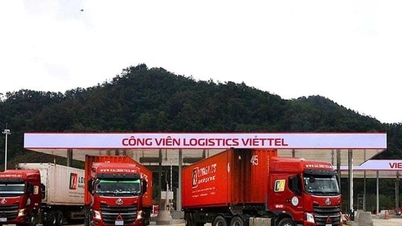




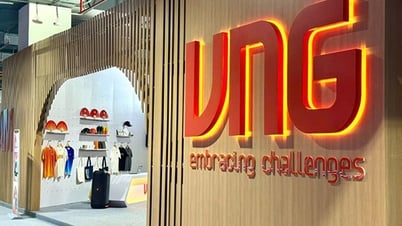
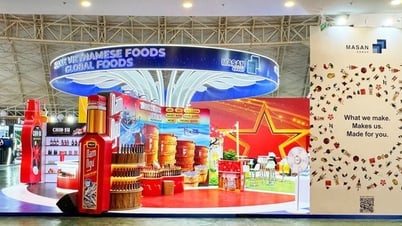
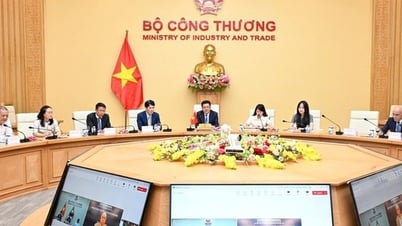







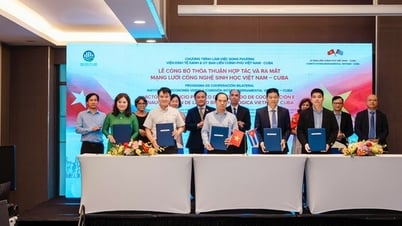


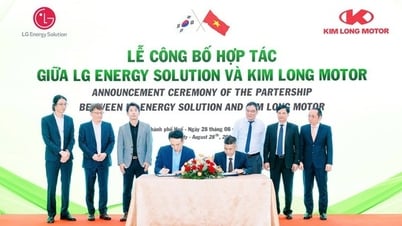
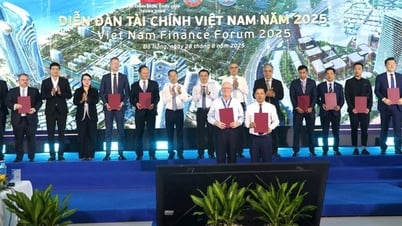



























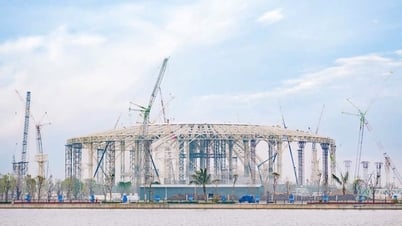


























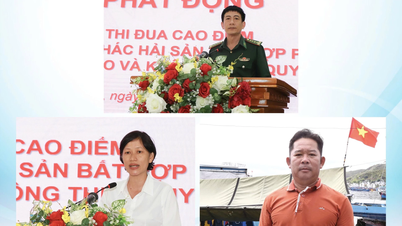















Comment (0)